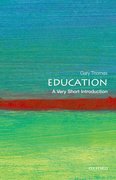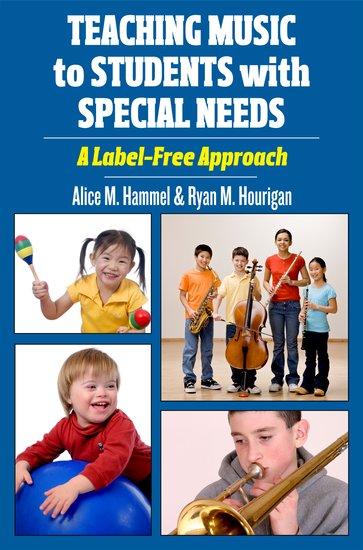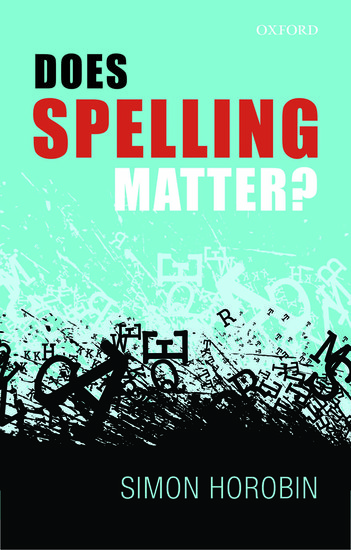Celebrating World Teachers’ Day
By Jamie Zibulsky
Today is World Teachers’ Day. What is World Teachers’ Day, you ask? It is “a day [first celebrated in 1994 by the United Nations Educational, Scientific and Cultural Organization] devoted to appreciating, assessing, and improving the educators of the world.” This internationally recognized day commemorates teachers around the globe and their commitment to children and learning.












